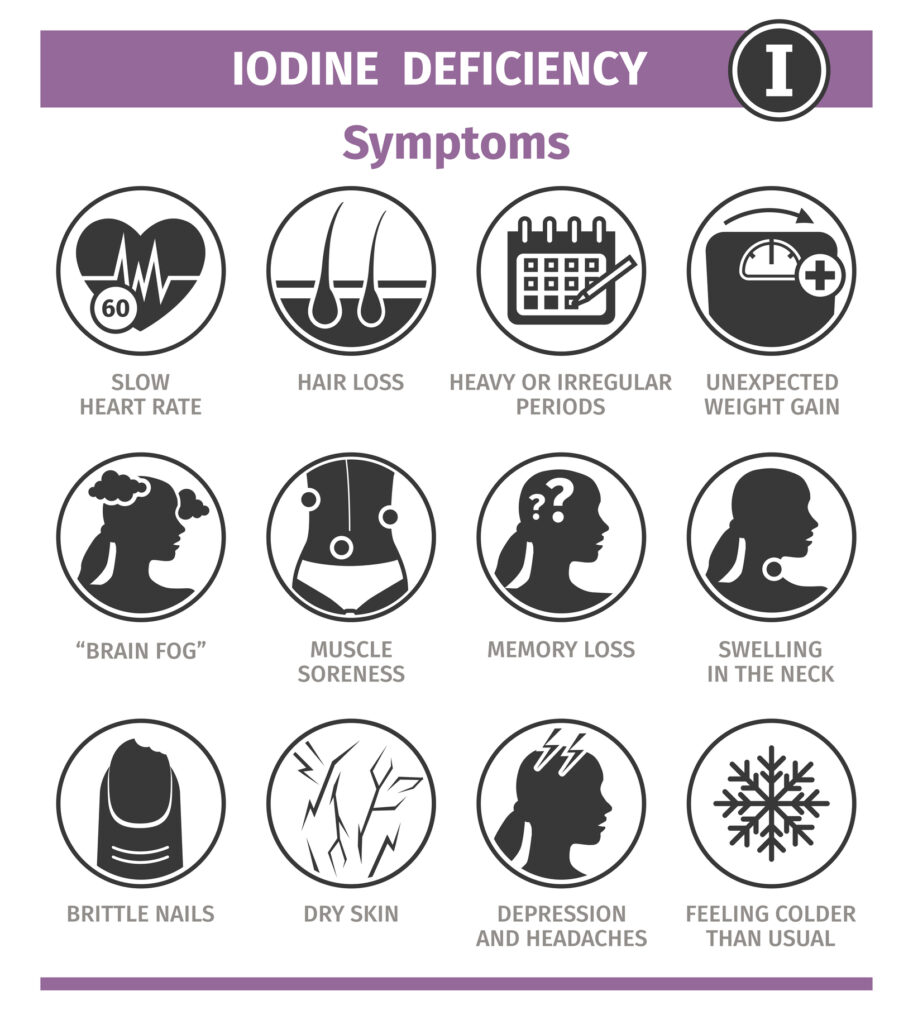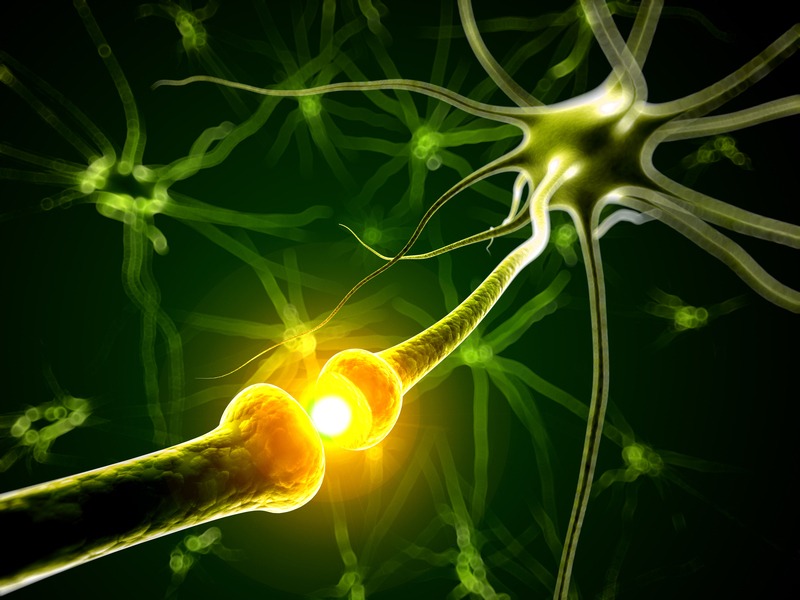The Critical Role of Iodine in Energy Production and Immune Function, Unveiling the Algae Sources
In the intricate dance of biochemical processes within the human body, few elements play as pivotal a role as iodine. Often overshadowed by its more well-known counterparts, iodine quietly emerges as a linchpin in energy production and immune function. This article delves into the importance of iodine for these essential bodily functions, highlighting the unique value of algae such as spirulina, chlorella, and phytoplankton as rich sources of this vital micronutrient.
Iodine’s Crucial Role in Energy Production
Energy, the lifeblood of our existence, is intricately tied to the thyroid gland’s function, where iodine takes center stage. The thyroid gland synthesizes thyroid hormones—thyroxine (T4) and triiodothyronine (T3)—both of which are critical regulators of metabolism. These hormones play a central role in converting food into usable energy, influencing every cell’s metabolic activity in the body.
Iodine deficiency compromises thyroid function, leading to a condition known as hypothyroidism. In hypothyroidism, the thyroid gland is unable to produce sufficient thyroid hormones, resulting in fatigue, sluggishness, and a general decline in energy levels. Ensuring an adequate intake of iodine is thus imperative for supporting optimal thyroid function and, by extension, robust energy production.
Immune Function and Iodine
The immune system, our body’s defense against pathogens and foreign invaders, is intricately connected to iodine’s presence. Iodine exhibits antimicrobial properties, playing a role in the body’s natural defense mechanisms. It has been observed that iodine can directly attack and neutralize various pathogens, including bacteria, viruses, and fungi.
Furthermore, iodine contributes to the production of white blood cells, which are instrumental in immune surveillance and response. A deficiency in iodine may compromise the immune system’s ability to fend off infections and maintain overall health. Therefore, ensuring an adequate iodine intake is not only beneficial for energy levels but is also a key factor in fortifying the body’s immune defenses.

Algae as Iodine Powerhouses
While iodine is naturally found in various food sources, certain algae stand out as exceptional reservoirs of this vital micronutrient. Spirulina, chlorella, and phytoplankton, often referred to as the green treasures of the sea, offer a concentrated and easily assimilated source of iodine, along with an array of other essential nutrients.
- Spirulina: Spirulina, a blue-green algae, thrives in both fresh and saltwater environments. Not only is it a rich source of protein, vitamins, and minerals, but spirulina also provides a significant dose of iodine. Its bioavailability and digestibility make it an excellent addition to the diet for those seeking to enhance iodine intake.
- Chlorella: Chlorella, a single-celled green algae, boasts a remarkable nutritional profile. It is known for its detoxifying properties and is a reliable source of iodine. Chlorella’s ability to bind to heavy metals and toxins in the body adds an extra layer of benefit, promoting overall health and well-being.
- Phytoplankton: Phytoplankton, the microscopic plants of the ocean, are rich in various nutrients, including iodine. Marine phytoplankton, in particular, is renowned for its bioavailable iodine content. As a foundational component of the marine food chain, phytoplankton offers a concentrated source of nutrients that cascade up to larger marine organisms.
The Synergy of Nutrients in Algae
Beyond iodine, these algae provide aae synergistic blend of nutrients that contribute to overall health. Spirulina, for instance, contains essential amino acids, iron, and B-vitamins, while chlorella is a powerhouse of chlorophyll, protein, and antioxidants. Phytoplankton, drawing sustenance directly from the sea, encapsulates the diverse nutrients present in marine ecosystems.
The bioavailability of nutrients in algae is a key factor in their effectiveness as dietary supplements. Unlike synthetic forms of iodine, the iodine found in algae is often more easily absorbed by the body, maximizing its impact on thyroid function and immune support.
Practical Considerations
While algae offer a natural and potent source of iodine, it’s essential to approach supplementation with mindfulness. Consulting with healthcare professionals is crucial, especially for individuals with pre-existing thyroid conditions or iodine sensitivities. Striking a balance between obtaining adequate iodine and avoiding excessive intake is fundamental for maintaining optimal health.
In the intricate tapestry of human health, iodine emerges as a silent yet powerful player, orchestrating energy production and fortifying the body’s immune defenses. Algae, with their rich iodine content, stand as invaluable allies in the quest for vibrant well-being. Spirulina, chlorella, and phytoplankton, the emerald gems of our oceans, not only provide a concentrated source of iodine but also contribute a symphony of nutrients that harmonize for holistic health.
As we navigate the realms of nutrition and wellness, embracing the gifts of the sea in the form of algae offers a natural and sustainable means of enhancing our iodine intake. By recognizing the vital role of iodine in sustaining our energy and bolstering our immune resilience, we open the door to a future where the bounty of the ocean becomes an integral part of our journey towards optimum vitality.





0 Comments